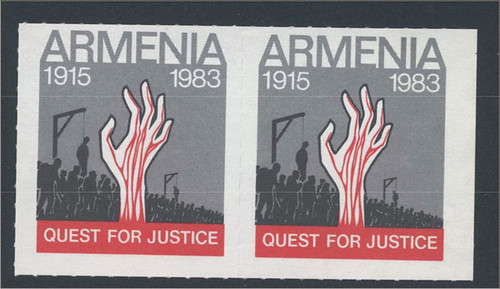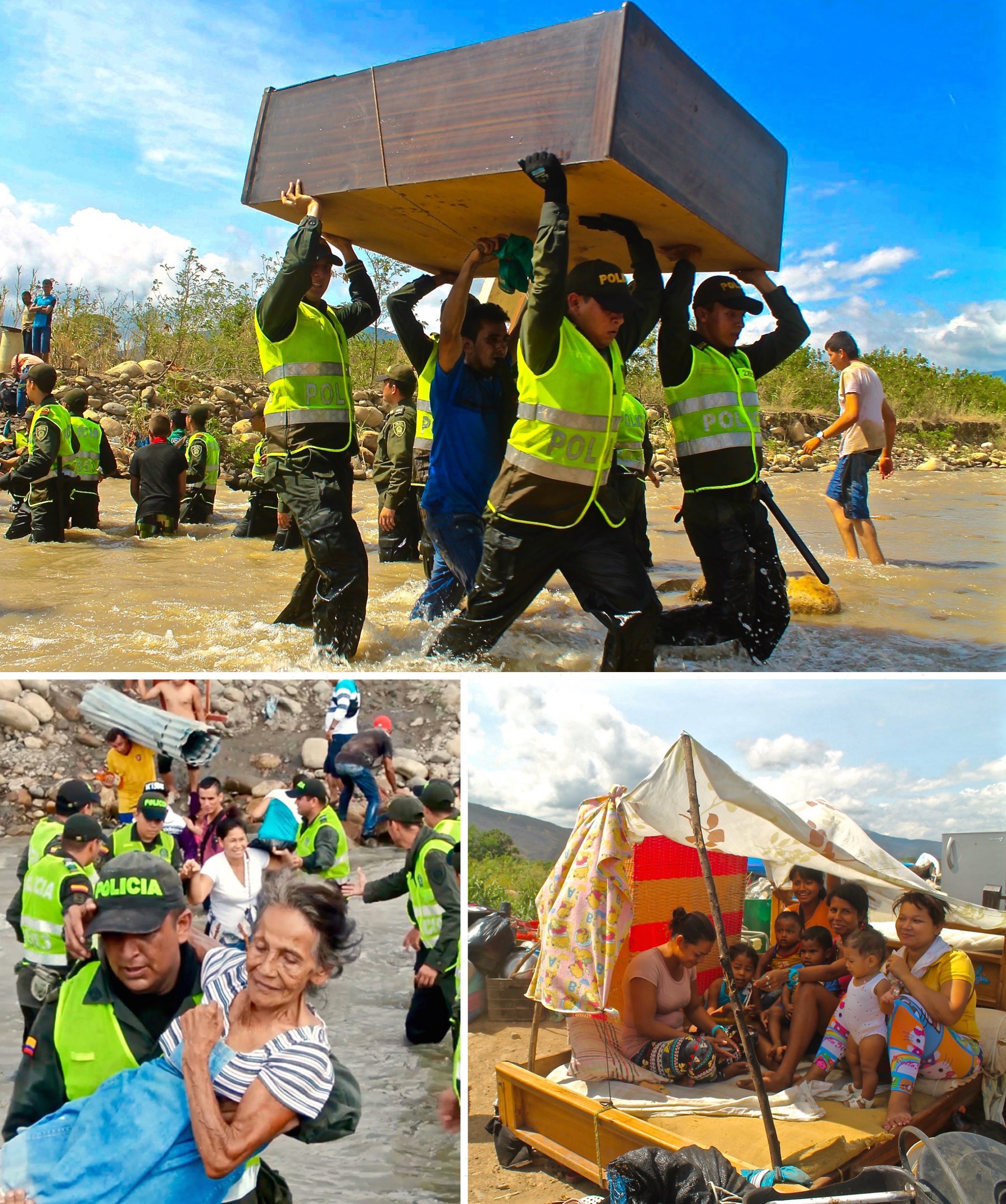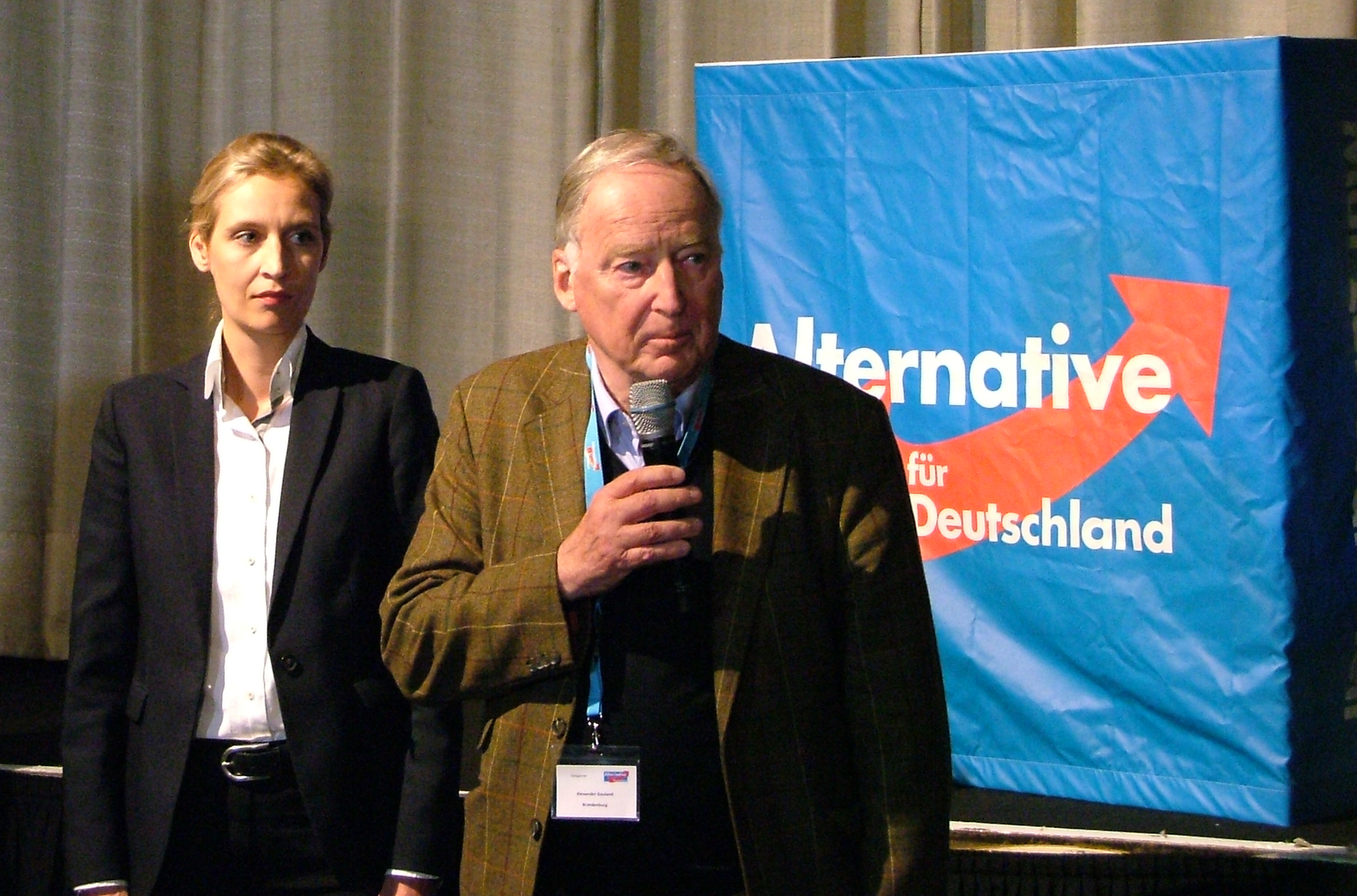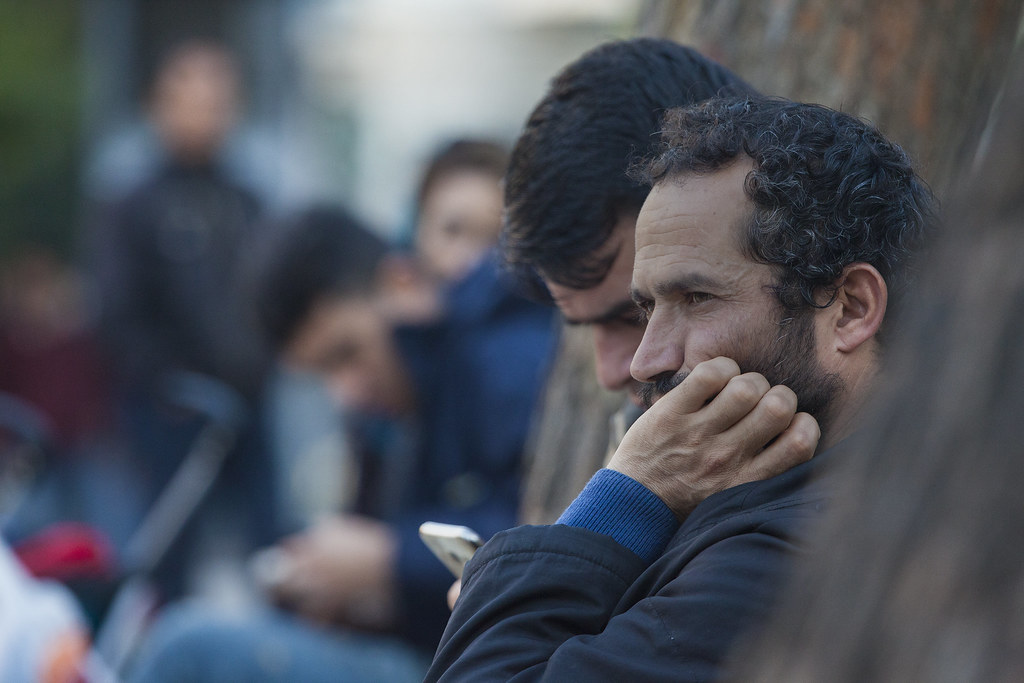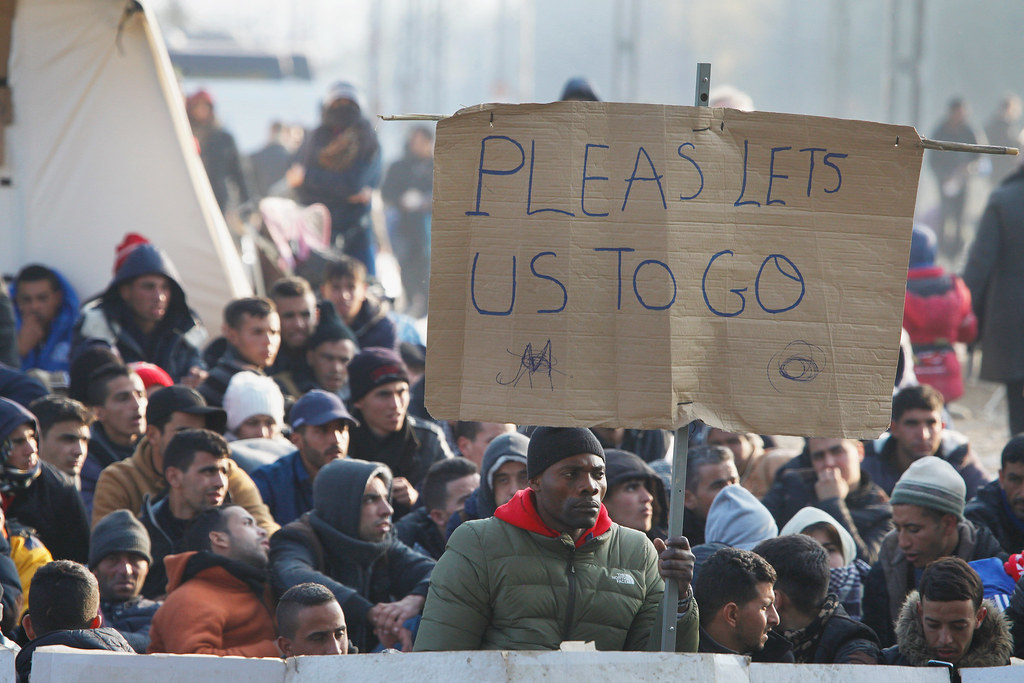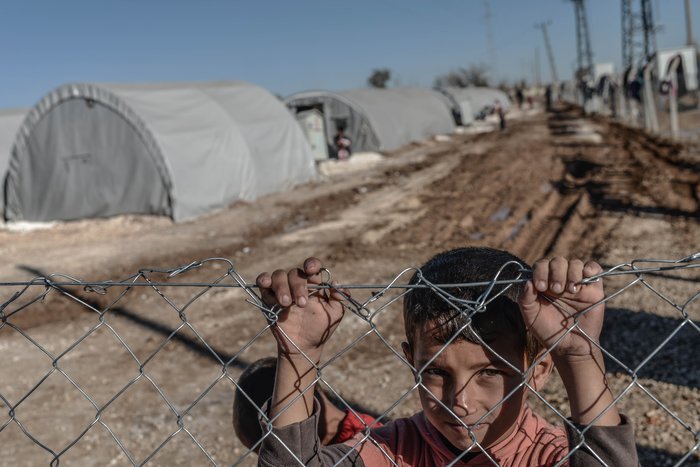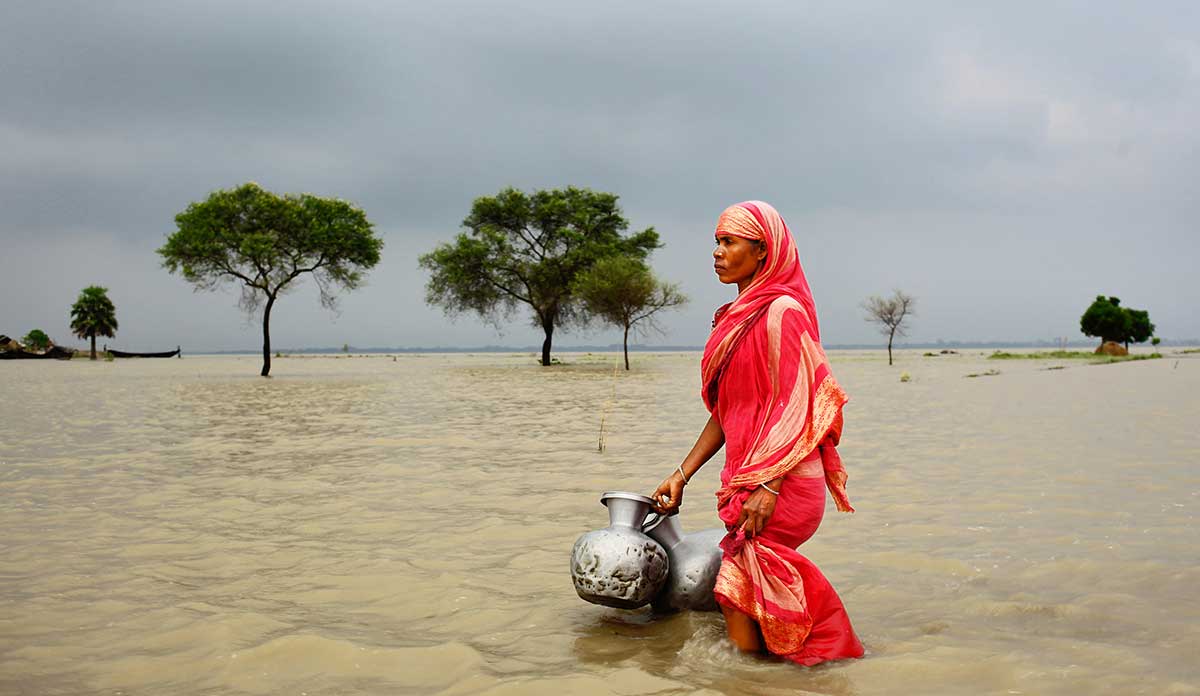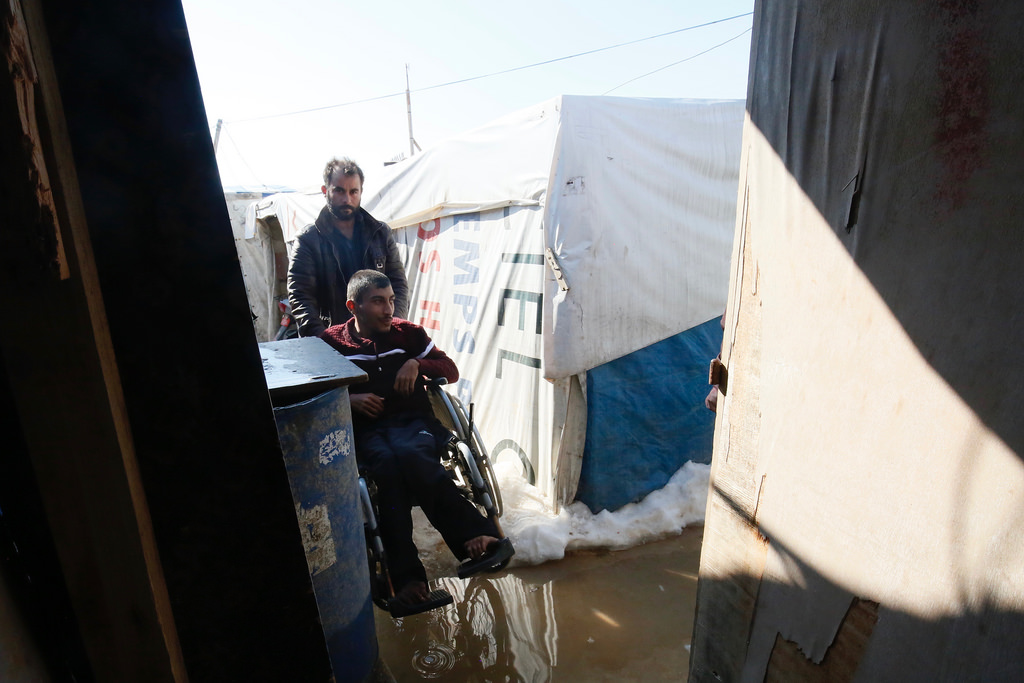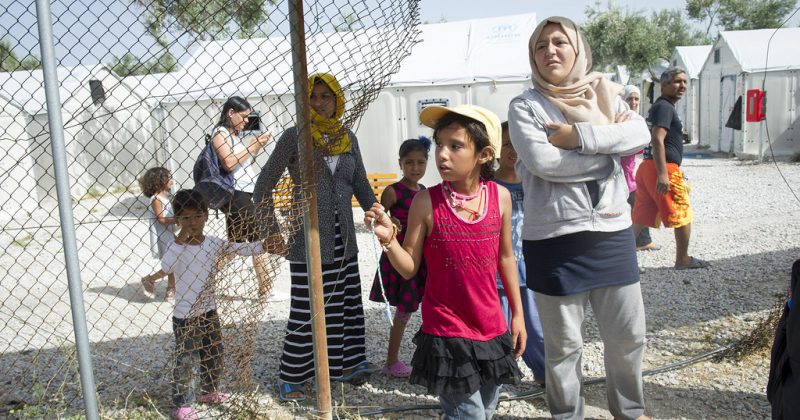
Finding Refuge: An NGOs Mission to End the Homelessness of Migrants, Refugees, & Asylum Seekers in Athens, Greece
By: Noah Smith, staff writer.
In July 2020, there was a surge in homelessness for refugees and asylum seekers in Athens, Greece due to evictions by the Greek government. “Forcing people to leave their accommodation without a safety net and measures to ensure their self-reliance may push many into poverty and homelessness,” warned UNHCR spokesperson Andrej Mahecic. “Recognized refugees have to vacate much-needed accommodation for asylum seekers waiting in crowded reception facilities on the Greek Aegean islands. Over
31,000 women, men, and children live in five island reception centers with capacity for fewer than 6,000,” said Mahecic. However, the UNHCR has expressed their concerns that government aid for many recognized refugees is ending far too soon and before they have access to employment and social welfare programs. In total, the government of Greece has evicted 8,000 recognized refugees from camps and
accommodations across the country. The first phase of evictions led to nearly 200 people sleeping in Victoria Square in Athens, where...

